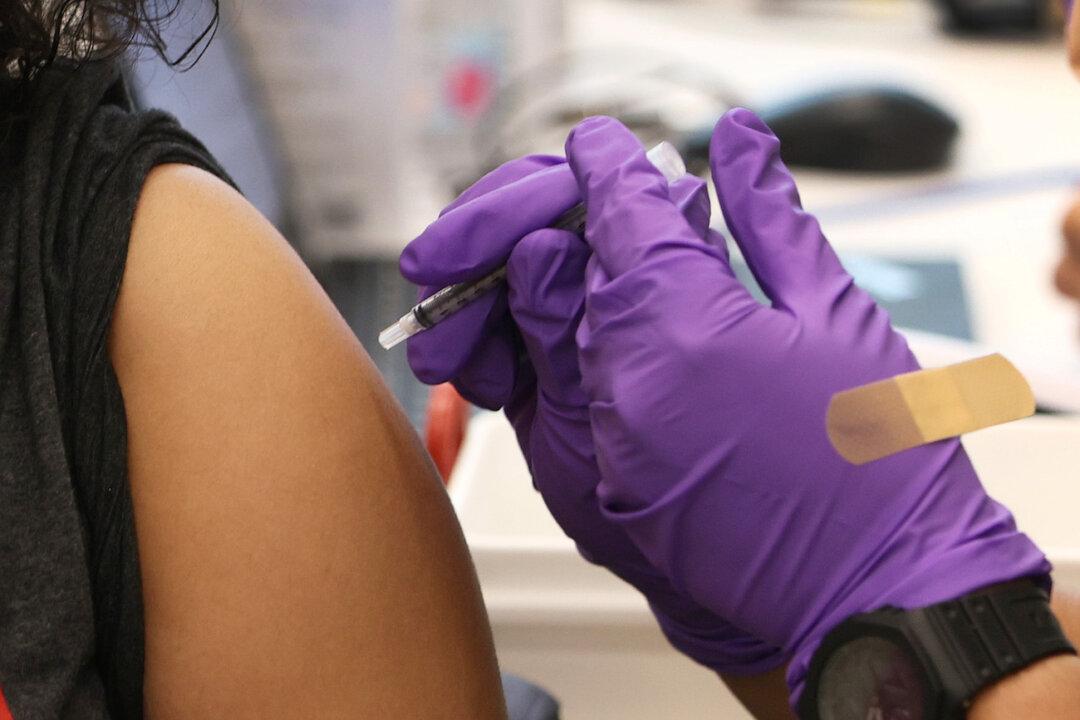Two new studies released this week have suggested that the T cell response generated by vaccination or from previous COVID-19 infection may provide sufficient protection against the Omicron variant of the virus.
T cells are a type of white blood cell that is an essential part of the adaptive immune system. They work to eliminate infected cells and also play a vital role in modulating the severity of COVID-19, also known as SARS-CoV-2, in individuals.





